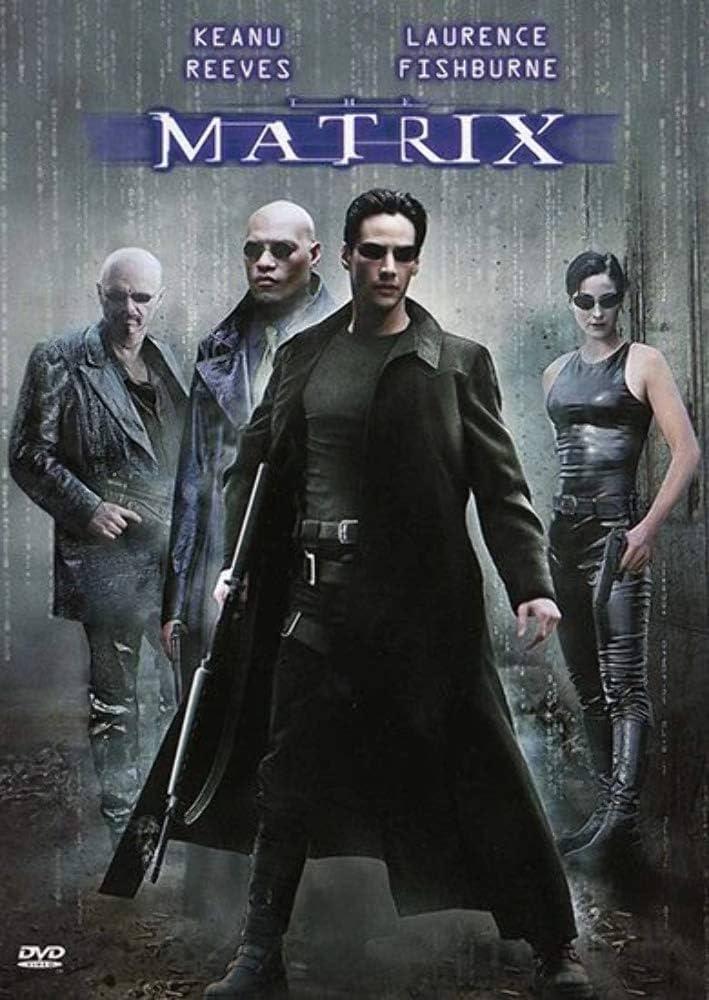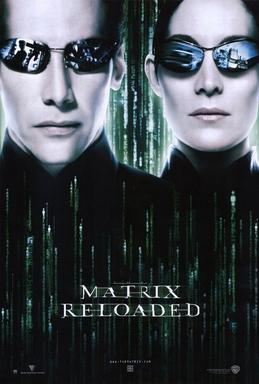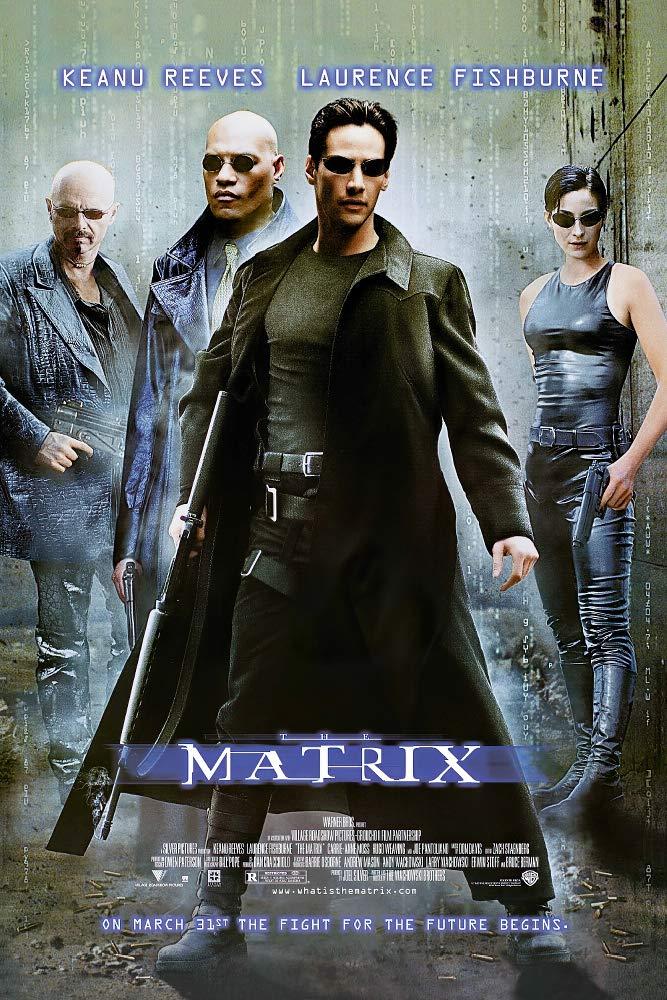The release of “The Matrix” in 1999 marked a pivotal moment in cinematic history, captivating audiences with its groundbreaking special effects and a storyline that blurred the lines between reality and illusion. More than two decades later, the film continues to spark debate among critics and scholars alike: is it a timeless political allegory or merely a dated tech fantasy? As society grapples with increasingly complex technological advancements and political upheavals, “The Matrix” remains a cultural touchstone, inviting viewers to question the nature of freedom, control, and reality itself. This article delves into the enduring relevance of the film, exploring whether its themes resonate with contemporary audiences as a profound critique of societal structures or if they have been overshadowed by the rapid evolution of technology, rendering the film a relic of a bygone digital age.
Analyzing the Political Subtext of The Matrix in Modern Contexts
The Matrix, upon its release, was heralded as a groundbreaking film, not only for its innovative special effects but also for its rich political allegory. In today’s context, the movie continues to spark debates about its underlying messages and their relevance. At its core, the film explores themes of control and freedom, portraying a dystopian world where humans are unknowingly enslaved by a system designed to keep them complacent. This narrative resonates with modern discussions about surveillance, data privacy, and the power dynamics between governments and citizens.
Some critics argue that the film’s allegorical depth has waned over time, viewing it as a product of its era—a late 90s tech fantasy shaped by Y2K anxieties and the burgeoning digital age. However, others maintain that its messages are evergreen, drawing parallels between the Matrix’s artificial reality and today’s virtual spaces dominated by social media and digital identities. Key themes that continue to be dissected include:
- Illusion vs. Reality: The questioning of perceived realities, a concept that echoes with the modern phenomenon of “fake news” and misinformation.
- Individualism vs. Collectivism: The journey of self-discovery and rebellion against systemic oppression mirrors current global movements advocating for personal and collective freedoms.
- Technological Domination: The portrayal of technology as both a tool of empowerment and a means of subjugation aligns with ongoing debates about AI ethics and autonomy.
In analyzing The Matrix through a contemporary lens, it becomes apparent that its political subtext continues to offer fertile ground for discussion, reflecting the enduring tension between human agency and the systems that seek to define it.

Examining Technological Themes in The Matrix and Their Relevance Today
The Matrix’s exploration of technological themes, such as artificial intelligence and virtual reality, remains remarkably relevant even decades after its release. As AI continues to advance, the film’s depiction of sentient machines raises questions about the future of human autonomy and the ethical implications of creating intelligent systems. The concept of a simulated reality controlled by a dominant AI is a prescient reflection of today’s digital landscape, where virtual experiences are increasingly indistinguishable from reality. This vision challenges us to consider the potential consequences of our reliance on technology and the power dynamics inherent in digital ecosystems.
- Artificial Intelligence: The portrayal of AI in The Matrix as both an adversary and a creator invites reflection on our current relationship with emerging technologies.
- Virtual Reality: The blurring of lines between reality and simulation parallels today’s virtual worlds, prompting discussions on identity and perception.
- Data Control: The film’s depiction of control over information resonates with modern debates on data privacy and surveillance.

The Matrix as a Reflection of Societal Fears and Aspirations
The cinematic world of The Matrix intricately mirrors the ever-evolving landscape of societal anxieties and dreams. At its core, the film serves as a poignant commentary on the pervasive fear of technology surpassing human control—a fear that resonates with audiences in any era. The concept of living in a simulated reality controlled by machines taps into the deep-seated dread of losing autonomy in a world increasingly dominated by digital networks. This fear is compounded by the notion that our perceptions and beliefs can be manipulated by unseen forces, a theme that echoes the disquieting realities of surveillance and data privacy in modern society.
Conversely, The Matrix also embodies the collective aspirations for liberation and self-discovery. It inspires audiences with the prospect of breaking free from constraints, both physical and ideological, to forge a path of authentic existence. Key elements such as the journey of self-awareness and the courage to challenge oppressive systems reflect a universal desire for empowerment and transformation. This duality of fear and aspiration is captured through the film’s dynamic characters and plot, making it a compelling narrative that transcends its sci-fi genre. Some of the societal themes explored include:
- Technological Domination: Reflects fears of AI and machine control.
- Loss of Autonomy: Explores manipulation and surveillance.
- Quest for Freedom: Emphasizes self-discovery and liberation.

Recommendations for Interpreting The Matrix in Contemporary Discourse
When engaging with “The Matrix” in today’s discourse, it is crucial to recognize the dual layers of interpretation that have emerged over time. First, consider the film’s political allegory: a lens through which one can examine themes of control, freedom, and resistance against oppressive systems. This perspective encourages viewers to draw parallels between the film’s fictional dystopia and real-world societal structures, questioning the nature of reality and autonomy. Here, the film becomes a timeless reflection on power dynamics and individual agency.
On the other hand, interpreting it as a tech fantasy requires an understanding of its historical context. The late 1990s and early 2000s were marked by rapid technological advancements and a burgeoning digital age, which informed the film’s narrative and aesthetic. From this viewpoint, “The Matrix” might seem dated, a product of its time, captivated by early internet culture and Y2K anxieties. To navigate these interpretations effectively, consider the following:
- Contextual Awareness: Acknowledge the period in which the film was created and how its themes might have resonated differently with contemporary audiences.
- Cultural Relevance: Explore how the film’s messages on technology and control still apply today, amidst debates on digital surveillance and AI ethics.
- Philosophical Inquiry: Delve into the philosophical questions raised by the film, such as the nature of reality and consciousness, and how they continue to provoke thought in modern contexts.
